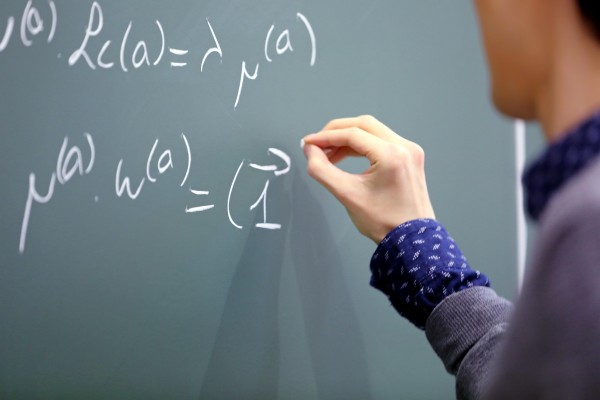Monsieur Peter WIKMAN soutiendra sa thèse de doctorat en Sciences Economiques le lundi 25 mai 2020 à 10h00 sur le sujet : «Essays on Conventions in Games and Anticipation-Dependent Preferences».
Soutenance de thèse en visioconférence (Toulouse School of Economics). Si vous souhaitez assister à la présentation, merci de prendre contact avec Takuro YAMASHITA

Directeur de thèse: Jorgen WEIBULL, Professeur, TSE
Le jury se compose comme suit :
- Professeur Christian GOLLIER, UT1 Capitole,TSE
- Professeur Takuro YAMASHITA, UT1 Capitole,TSE
- Professeur Itzak Gilboa, Tel-Aviv University et HEC Paris
- Professeur Jorgen WEIBULL, UT1 Capitole, TSE
- Professeur Klaus RITZBERGER, University of London Royal Holloway
Résumé (en anglais)
This thesis consists of three chapters. Two chapters fall into the field of game theory and one into the field of decision theory.
In the first chapter, I study strategic interaction when people are familiar with the setting they interact . In such situations, social conventions often emerge and tend to dictate how people behave. Conventions in which people disregard alternatives outside of the convention not only help people coordinate their interactions but also simplify their decision-making. Motivated by this, I develop a novel game-theoretic concept that captures outcomes that are consistent with the existence of such self-enforcing conventions. The resulting solution concept is operational and allows for decomposing games into smaller self-contained games that can be studied in isolation.
In the second chapter, I ask whether behavior consistent with the just-described con- ventions can be given evolutionary interpretations. In such interpretations, the convention is the resulting pattern of behavior in a large population of individuals after they have interacted for some time, with their behavior adjusting over time in response to the payoffs that their actions have given in the past. These interpretations differ from the standard justification of solution concepts based on the assumption of rational individuals that have correct expectations about others’ behavior. I find that indeed these conventions admit such interpretations, and, moreover, standard notions of evolutionarily stable behavior are often consistent with the adherence to such conventions.
In the last chapter, I develop a model of a decision-maker who evaluates outcomes as gains and losses relative to her recent expectations. The decision-maker forms her expectations of an uncertain future outcome by trading off the joy from anticipating a higher outcome with the risk of being disappointed by the outcome. These expectations are then taken as given when the outcome nears. Moreover, the decision-maker is loss averse in the sense that losses relative to these expectations are felt worse than same-sized gains are felt good. The main result is a complete description of the observable choices that are consistent with this behavior. More specifically, I provide necessary and sufficient conditions on choices in the form of axioms such that it is as-if the decision-maker acts as described by the model.


